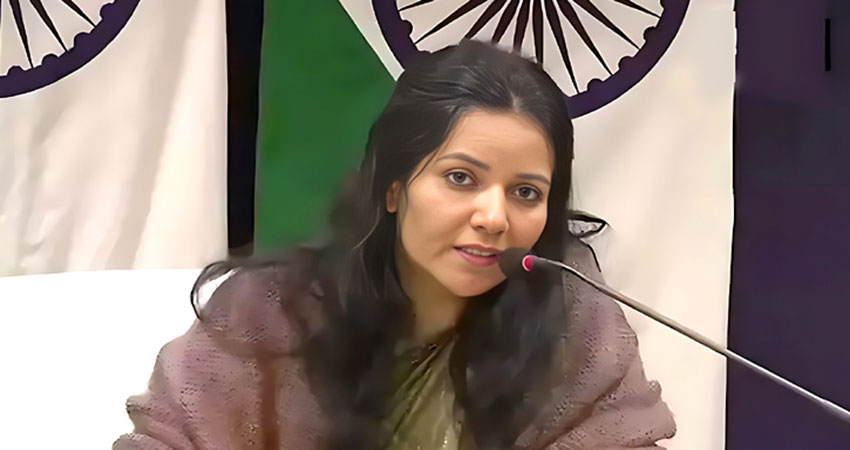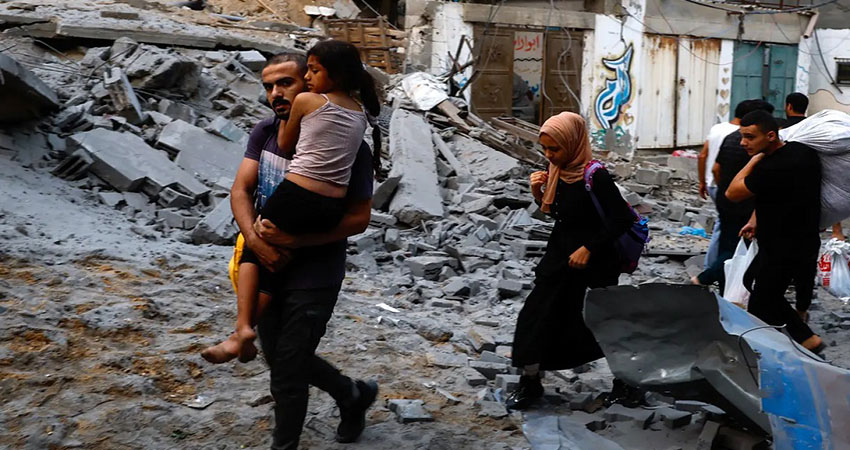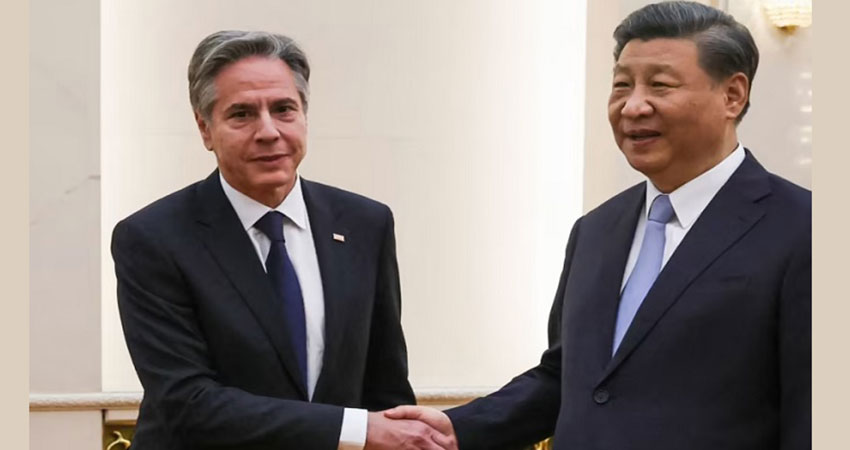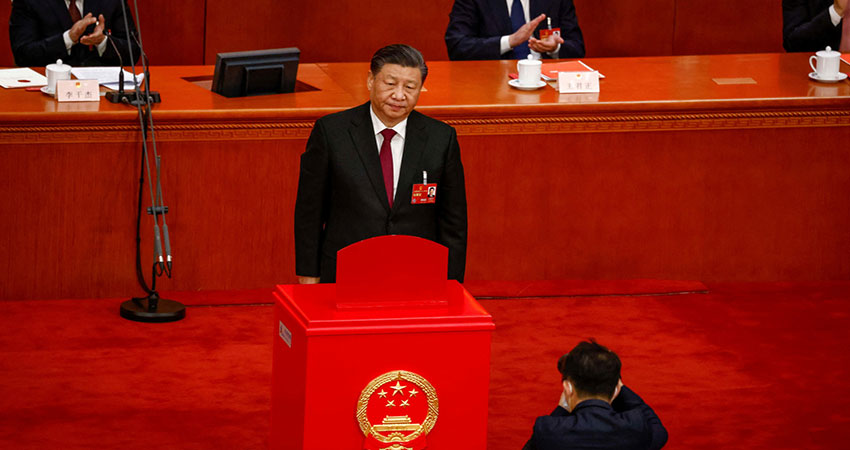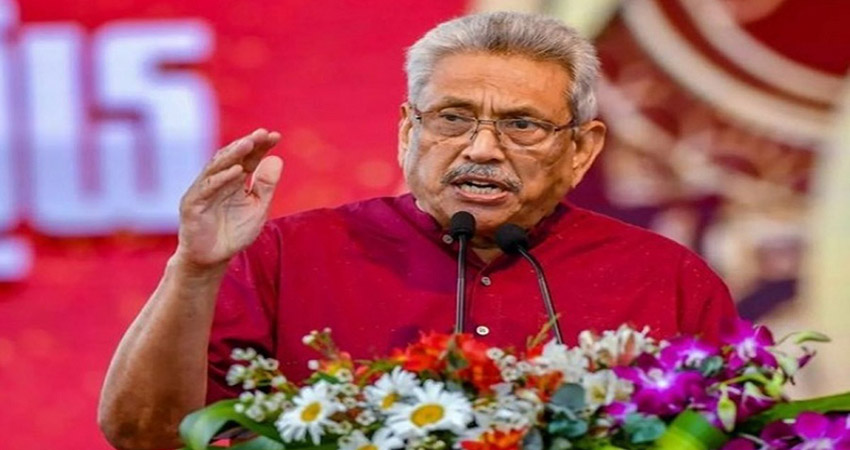Smita Pant, a senior official at the Bangladesh, Myanmar Division of the Indian Ministry of External Affairs, said on Tuesday that India's future, particularly its security, is inextricably connected with Bangladesh.
Together, Bangladesh and India can achieve a lot, particularly in renewable energy and Sunderbans delta protection, she said.
Smita Pant was addressing an event commemorating the martyrdom anniversary of Bangabandhu Sheikh Mujibur Rahman, reports Times Now News.
Bangabandhu and his family members were killed in cold blood in 1975, said Pant, adding, the perpetrators, however, were unable to eliminate his values. The dreams of Bangabandhu, "who has few equals in history," are coming true today, she said.
The people have rejected extremism, Bangladesh is on its road to becoming a middle-income country, and it provides more UN peacekeepers than almost any other country, the MEA official said.
The High Commissioner of Bangladesh, Mohammed Mustafizur Rahman, opened the discussion by saying that Bangabandhu's "struggle and sacrifice in realizing the rights of the deprived and the downtrodden remains a model for the international community. He developed his political philosophy from his experience, in fighting for equality, justice, fundamental human rights, and most particularly, realizing the right to self-determination. In his maiden speech at the United Nations in 1974, Bangabandhu alluded to the overriding importance of ensuring peace and justice for all. He said and I quote, 'The very struggle of Bangladesh symbolized the universal struggle for peace and justice.'
"The same voice was echoed at the NAM Summit held in Algiers in 1973, where Bangabandhu said, 'The world is divided between those who are the oppressors and those who are the oppressed…. We stand for those who are oppressed and those who stand by them in their just struggle for liberation from oppression.'
"The assassins killed Bangabandhu, but they could not wipe out, or erase, the principles and ideals of this great man. His teachings, ideologies and spirit remain deeply ingrained in our hearts," the report quoted the Bangladesh high commissioner as saying.
Bangladesh has made significant progress, according to the high commissioner, "including in the areas of poverty reduction, education, health, and women empowerment."
Pankaj Saran, former Indian high commissioner to Bangladesh, agreed that Bangladesh's socioeconomic statistics were now better than those of Pakistan and, in certain circumstances, India. It was Bangabandhu who envisioned a thriving Bangladesh and good relations with India, he said.

